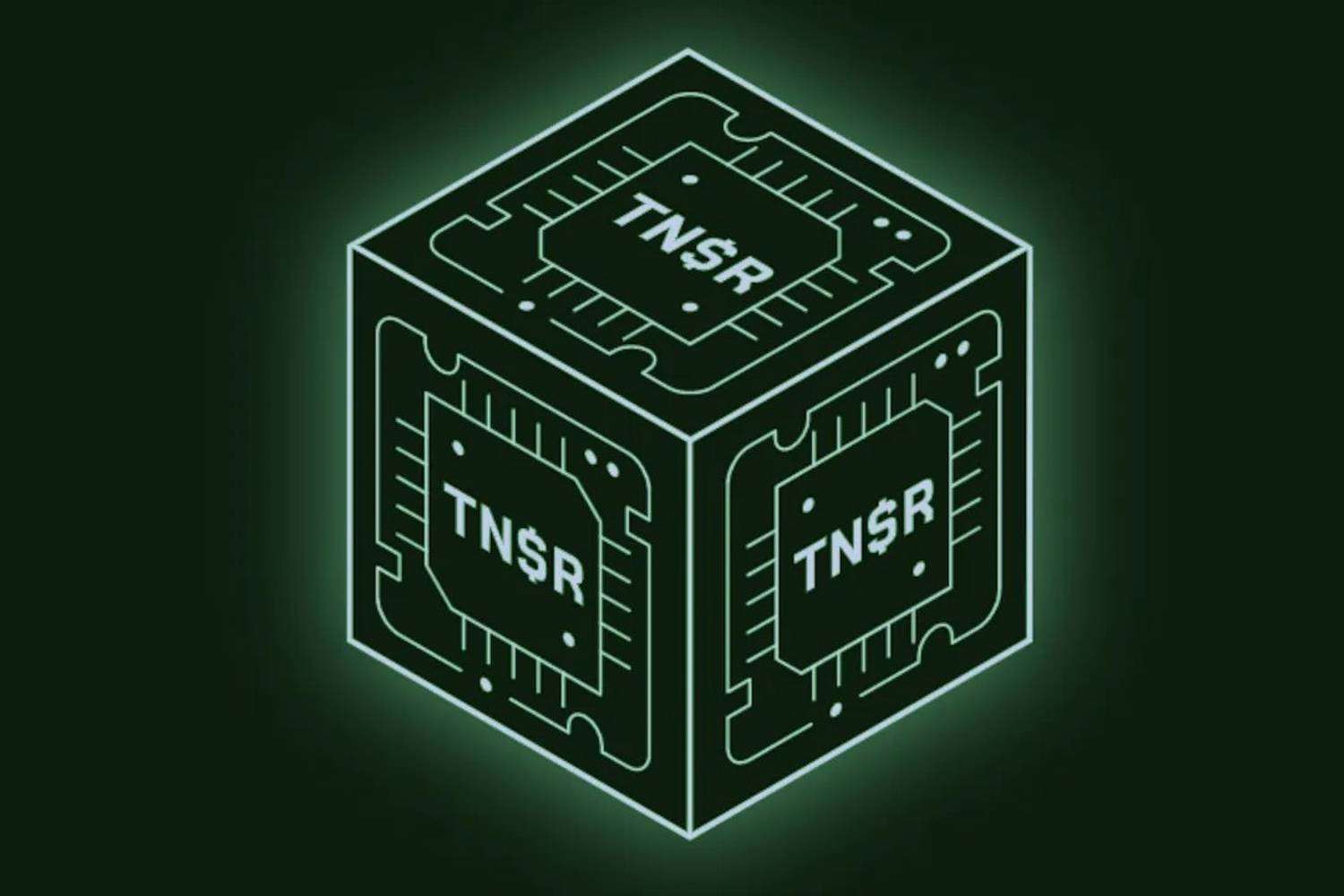They were taken without exception. As a result of a significant security breach that took place on the peer-to-peer trading platform known as NFT (nonfungible tokens) Trader, NFTs that belonged to the Bored Ape Yacht Club (BAYC) and the Mutant Ape Yacht Club (MAYC) have been recovered in a remarkable reversal.
The theft of NFTs that were valued at about three million dollars was the outcome of an occurrence that took place on December 16th.
Boring Security, a Web3 security effort that is not-for-profit and is funded by ApeCoin, took immediate action to secure these digital assets within twenty-four hours. This was made possible by the prompt action taken by Boring Security.
At the time of the transaction, the recovery attempt made use of a reward payment that was equivalent to 120 Ether (ETH), which at the time was approximately comparable to $267,000 in terms of currency.
Greg Solano, the developer of the BAYC and MAYC NFT collections, directed this strategic maneuver by Yuga Labs. Greg Solano is also the person who created the collections.
Because he participated in the negotiation process, which was a momentous occasion, the NFTs were ultimately returned to their original owners at no cost to them. This was a result of the fact that they were returned to them.
There was a vulnerability in a smart contract that was addressed eleven days before the breach occurred, and the breach was tied to that vulnerability. This upgrade happened to include a vulnerability that was associated with a multicall function without the developer’s knowledge.
Unfortunately, this weakness made it possible for unlawful NFT transfers to take place. By taking advantage of trade rights granted in the past, the hacker could carry out the theft successfully.
It was “Foobar,” an identified developer who is also the proprietor of Delegate, who was the one who discovered the vulnerability. His assistance to the group working on NFTs Trader was of the utmost significance in the immediate wake of the discovery of the attack.
All of the rights that were provided to two particular old contracts that have been identified as potential dangers as a result of the security breach have been revoked, and users have been requested to do so as quickly as they can take action.
Both the contracts that are represented by the identifiers 0xc310e760778ecbca4c65b6c559874757a4ece0 and 0x13d8faF4A690f5AE52E2D2C52938d1167057B9av are still subject to the risk that is connected with them. If the approvals are not withdrawn in any way, shape, or form, it is feasible that the stolen NFTs will re-enter some specific type of compromise.
The incident has highlighted the ongoing vulnerabilities in the NFT domain, underscoring the significance of adding additional security procedures. These weaknesses have been brought to light on account of the incident.
As the prompt restoration of the wrongfully taken assets demonstrates, it is vital to adopt effective crisis management and swift reaction to digital assets. This essentiality was proved by the fact that the assets were restored.
Furthermore, it shows the joint efforts of many stakeholders in the ecosystem of non-fungible tokens, such as platform proprietors, developers, and community initiatives, in the preservation of assets and the development of confidence-building. This is an essential aspect of the ecosystem.
As a compelling message to the community of non-fungible tokens, the occurrence serves as a potent reminder to maintain security measures as a top priority and to heighten their awareness of the danger of abuse.
Furthermore, it emphasizes the need to keep a careful eye on smart contracts and change them regularly to prevent future incidents that are comparable to those that have already occurred.
Even though the market for NFTs is making considerable progress, creators and investors continue to place a high value on maintaining the safety of digital assets.












